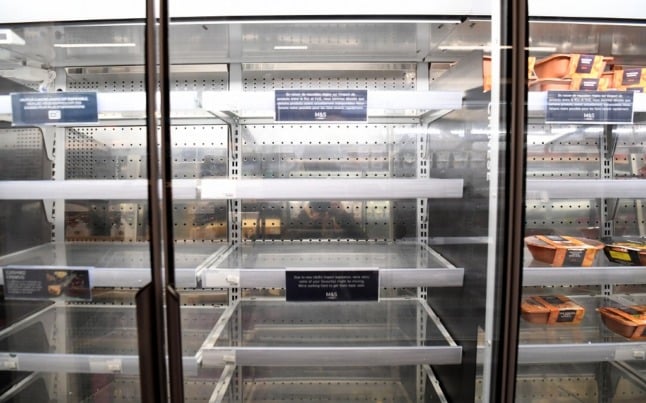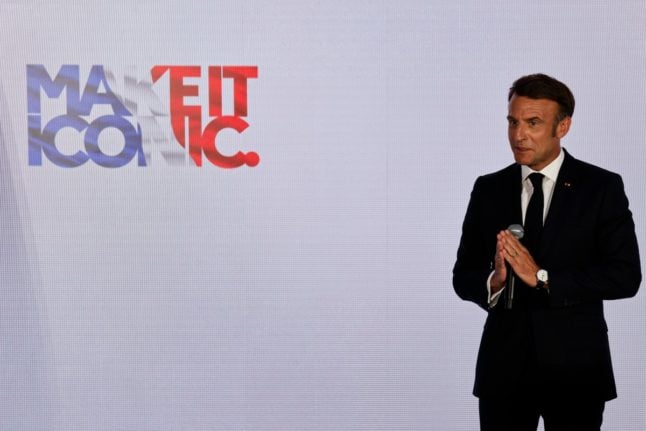Ever since the end of the Brexit transition period in January 2021, shoppers in Paris have been reporting empty shelves in Marks & Spencer’s popular Paris food stores.
Now the company says it is placing its European operation under review, with British newspapers reporting that the chain is likely to close its Paris stores.
The company has not commented on reports of closures, but said in a statement: “In light of the new customs arrangements, we are taking decisive steps to reconfigure our European operations and have already made changes to food exports into the Czech Republic.
“We operate a franchise business in France and are undertaking a review of the model with our two partners.”
Marks & Spencer closed its French clothing stores in 2001 but in 2010 returned to Paris with a number of smaller Food Hall stores selling British produce, which have proved popular both with British residents in France and with Parisians.
There are now 20 Marks & Spencer Food Hall stores in France; one in Lille and the rest in Paris and its suburbs.
The company faces a particular challenge in the post-Brexit world as its European stores are supplied from the UK – and one of its selling points for Brits abroad is that the sandwiches and ready meals are identical to those in the UK.
Dozens of customers posted photos on social media of empty shelves in Paris M&S stores in January and February, and although the situation seems to have improved slightly since then, the store is also selling an increasing number of French products.
The great M and S Post-Brexit sandwich famine of 2021. Sign in the Marks and Spencer at Porte Maillot in Paris today. "Because of new govt regulations on trade between the UK and France , we received no shipments from the UK today." pic.twitter.com/3ngJpR7O50
— John Lichfield (@john_lichfield) January 4, 2021
Company chairman Archie Norman has repeatedly warned of problems caused by the UK’s decision to leave not only the EU but the single market and customs union as well, meaning that all foodstuffs imported from the UK face strict health regulations.
Back in August 2018 he told the Financial Times: “If our lorries are sitting in a lorry park near Dover for half a day, that would be the demise of the great M&S sandwich in Paris.”
The news was greeted with dismay by Brits living in Paris, who rely on the store for little tastes of home.
nooooooooooo https://t.co/7JpA9dWluK
— Bridget Copley PhD HDR SOS 🦒 (@moppety) September 13, 2021
Sad 😢I liked being able to stock up in some faves from my London days when I was in Paris.
— Carlie Bonavia (@carliebonavia) September 13, 2021
Even as an American, I am weeping…We count on them for bacon…
— Chris O'Brien (@obrien) September 13, 2021



 Please whitelist us to continue reading.
Please whitelist us to continue reading.
No problem. Just use their web sites but of coarse not for food. Just have a McDo instead.😛